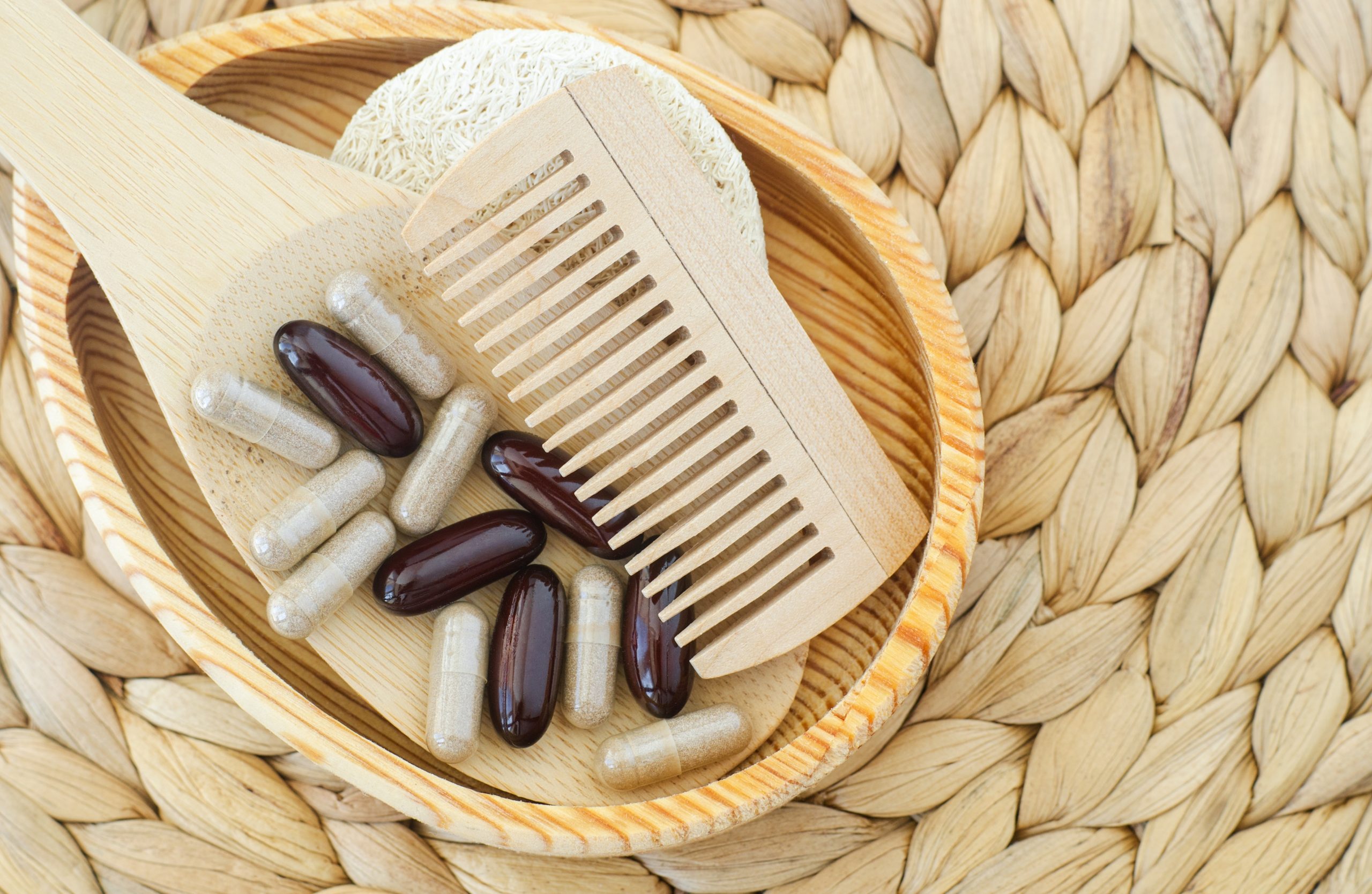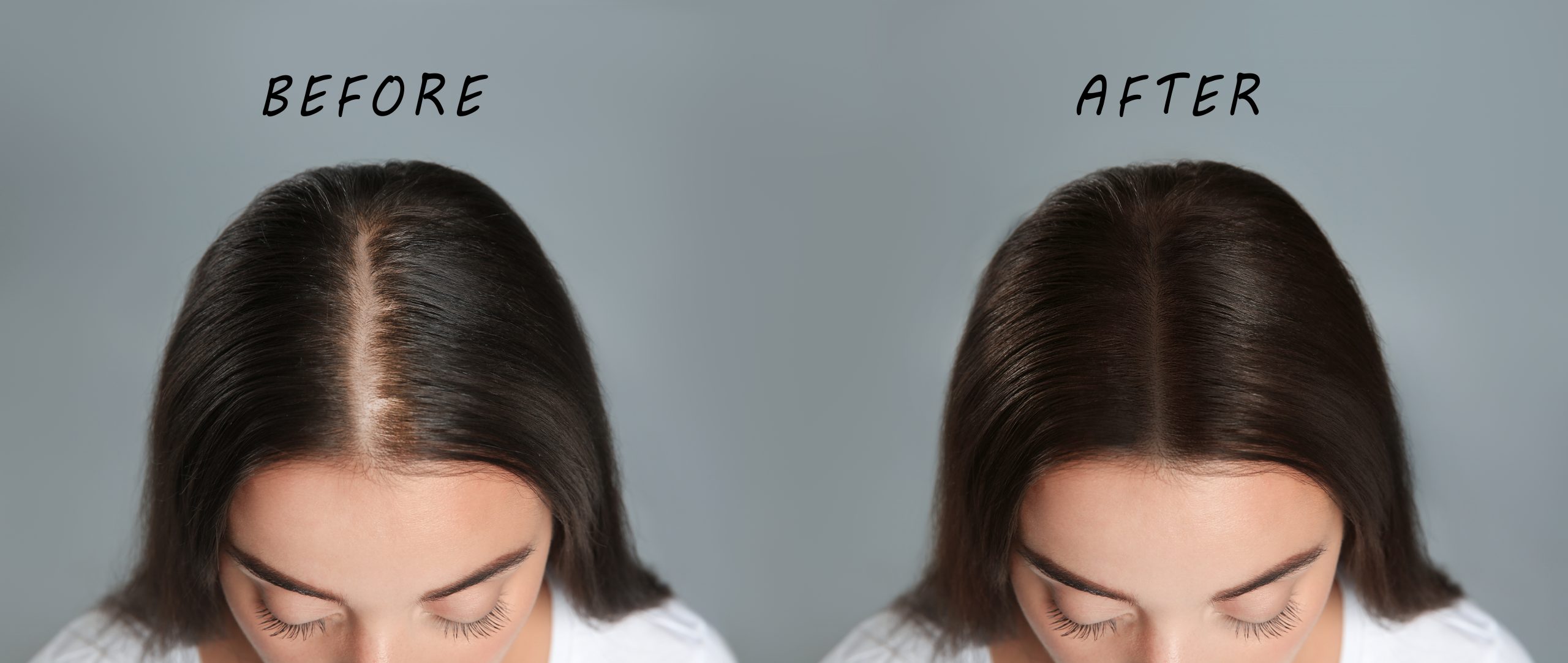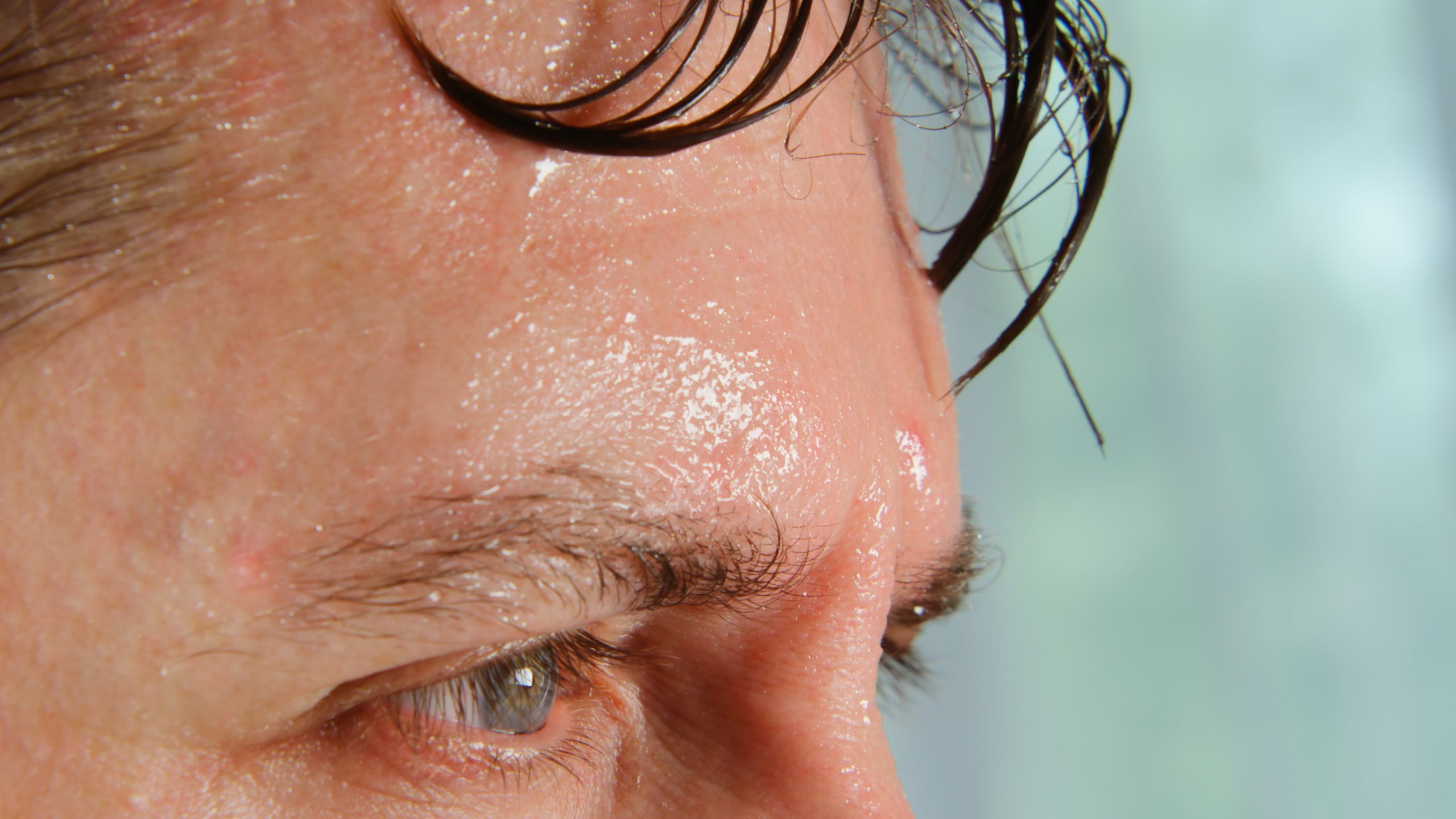Hair growth is a complex process influenced by various factors, including genetics, hormones, nutrition, and overall health. One factor that is often overlooked but plays a significant role in hair growth is stress. Stress can have a profound impact on the health and vitality of your hair, potentially leading to hair loss or thinning. In this article, we’ll explore the connection between hair growth and stress management, as well as provide tips on how to effectively manage stress for healthier, fuller hair.
- Understanding the Hair Growth Cycle: To understand the connection between stress and hair growth, it’s essential to grasp the basics of the hair growth cycle. Hair follicles go through a cycle of growth, rest, and shedding. Each hair strand has its own growth cycle, and stress can disrupt this cycle, leading to an imbalance in hair growth and loss.
- Telogen Effluvium: One of the ways stress can impact hair growth is through a condition called telogen effluvium. Telogen effluvium is characterized by excessive hair shedding, usually occurring several months after a stressful event or period. The stress triggers a large number of hair follicles to enter the resting phase (telogen) prematurely, resulting in more hair falling out than usual. Managing stress effectively can help prevent or reduce the severity of telogen effluvium.
- Hair Growth Disruption: Chronic or prolonged stress can disrupt the normal hair growth cycle by affecting the signal and nutrient supply to the hair follicles. Stress hormones, such as cortisol, can disrupt the signaling pathways that regulate hair growth and lead to the shrinkage of hair follicles. This can result in thinning hair or even hair loss if left unmanaged.
- Inflammation and Scalp Health: Stress can also contribute to scalp inflammation, which can impact hair growth. Inflammation in the scalp can disrupt the balance of the hair follicles, leading to decreased nutrient supply and hindering proper hair growth. Managing stress can help reduce inflammation in the body, including the scalp, promoting a healthier environment for hair growth.
- Healthy Lifestyle Habits: Effectively managing stress involves adopting healthy lifestyle habits that support overall well-being, including hair health. Regular exercise, sufficient sleep, and a balanced diet are essential for managing stress and promoting optimal hair growth. Exercise releases endorphins, natural mood boosters that can help reduce stress levels. Adequate sleep allows the body to repair and regenerate, supporting healthy hair growth. And a nutrient-rich diet provides the necessary vitamins, minerals, and antioxidants to support hair health.
- Stress Reduction Techniques: Engaging in stress reduction techniques can be beneficial for both mental well-being and hair growth. Practices such as meditation, deep breathing exercises, yoga, and mindfulness can help calm the mind, reduce stress levels, and promote a sense of relaxation. Finding activities that bring joy and help relieve stress, such as hobbies, spending time in nature, or socializing with loved ones, can also have a positive impact on hair health.
- Seeking Support: If stress becomes overwhelming or difficult to manage on your own, don’t hesitate to seek support from healthcare professionals, therapists, or support groups. They can provide guidance, strategies, and tools to help you effectively manage stress and its impact on your overall well-being, including your hair health.
In conclusion, managing stress is essential for maintaining healthy hair growth. By understanding the connection between stress and hair health, adopting healthy lifestyle habits, practicing stress reduction techniques, and seeking support when needed, you can effectively manage stress and promote optimal hair growth. Remember, taking care of your overall well-being, including managing stress, is key to maintaining healthy and vibrant hair.





